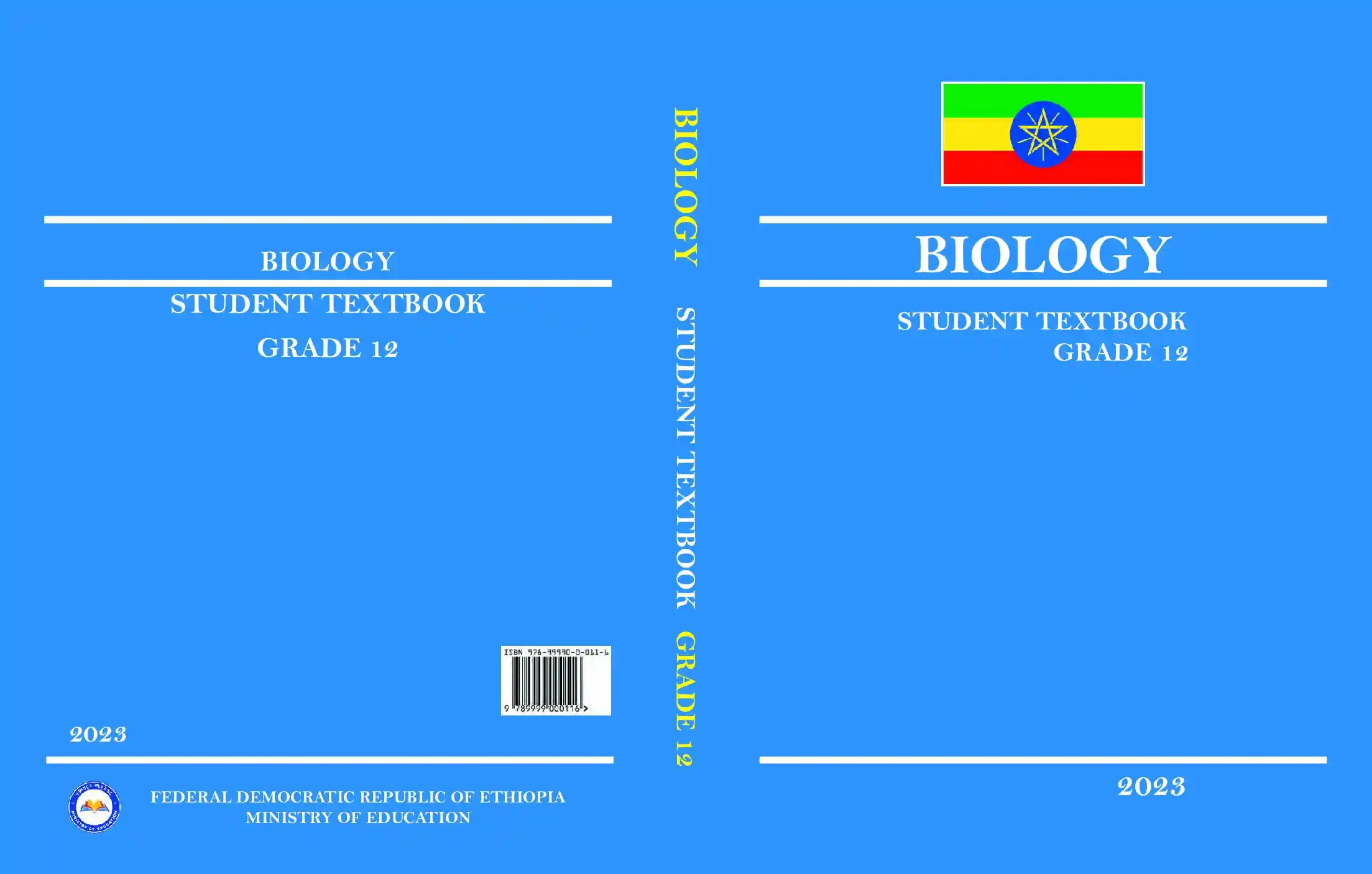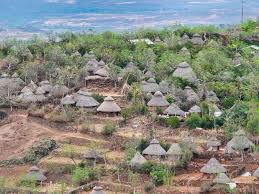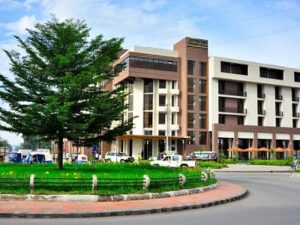The Ethiopian Ministry of Education has unveiled the eagerly awaited 12th-grade Biology textbook, and it’s now available for download in PDF format. Authored by experts in the field, this textbook offers a comprehensive exploration of biology, from its applications in our daily lives to the intricacies of the human body and the pressing issue of climate change. Join us as we delve into the rich content of this educational resource.
172 MB
Applications of Biology in Day-to-Day Life
Appreciation of Nature
The journey begins with an exploration of how biology helps us appreciate the wonders of the natural world. Students will learn to observe and understand the beauty and complexity of the environment around them.
Conservation of Natural Resources
Unit 1 also delves into the crucial topic of conserving our natural resources. It emphasizes the importance of responsible resource management for the well-being of our planet and future generations.
Food Security
Food security is a global concern, and this textbook addresses it head-on. Students will explore the role of biology in ensuring a stable and sustainable food supply for a growing population.
Creating Conscious Citizens and Ensuring Sustainable Development
One of the textbook’s core objectives is to nurture conscious citizens who understand the importance of sustainable development. It offers insights into how biology plays a pivotal role in achieving this goal.
Medicine
Unit 1 also covers the field of medicine, highlighting how biology underpins medical advancements, disease prevention, and healthcare practices.
Waste Treatment
The responsible management of waste is essential for environmental health. This unit explores the biology behind waste treatment processes.
Biotechnology
Biotechnology is a rapidly advancing field, and this textbook introduces students to its fundamental principles and applications.
Promises of Biology to Society
Students will discover the promises that biology holds for society, from medical breakthroughs to environmental solutions.
Unit Summary and Review Questions
Each unit concludes with a summary to reinforce key concepts and review questions to test students’ understanding.
Microorganisms
What Are Microorganisms?
Unit 2 begins with an exploration of microorganisms, delving into their characteristics and significance in various ecosystems.
Types of Microorganisms
Students will learn about different types of microorganisms, including eubacteria, archaea, fungi, and protozoa.
Viruses
Unit 2 also covers viruses, shedding light on their structure and role in diseases.
Economic Importance of Microorganisms
Microorganisms play a vital role in various economic activities, and this unit explores their contributions to industries such as agriculture and biotechnology.
The Role of Bacteria in Recycling Minerals
Bacteria are essential players in recycling minerals through ecosystems, and students will understand their ecological significance.
Common Disease-Causing Microorganisms
This unit also highlights microorganisms responsible for common diseases.
Unit Summary and Review Questions
As with every unit, Unit 2 concludes with a summary and review questions to reinforce learning.
Energy Transformation
Unit 3 explores the fascinating world of energy transformation in living organisms.
Energy
Students will grasp the concept of energy and its significance in biological processes.
Chemical Structure of Carbohydrates and Lipids
This unit delves into the chemical structure of carbohydrates and lipids, which are essential molecules for energy storage and utilization.
Lipids
Lipids play a crucial role in biology, and this section offers an in-depth look at their functions and types.
Cellular Metabolism
Understanding cellular metabolism is key to comprehending how organisms utilize energy.
Photosynthesis
Unit 3 also covers photosynthesis, the process by which plants and other organisms convert light energy into chemical energy.
Cellular Respiration
Cellular respiration is explored in detail, revealing how organisms extract energy from organic molecules.
Fermentation
Students will learn about fermentation, an alternative energy production pathway.
Unit Summary and Review Questions
The unit concludes with a summary of key concepts and review questions for assessment.
Evolution
Unit 4 explores the captivating concept of evolution, which is fundamental to our understanding of life on Earth.
Definition
The unit begins by defining evolution and its significance.
Theories of the Origin of Life
Students will explore various theories about the origin of life, from special creationism to biochemical origin.
Theories of Evolution
This unit covers different theories of evolution and the compelling evidence that supports them.
Mutations
Mutations play a critical role in evolution, and students will understand their significance.
Genetic Drift and Gene Flow
The unit explores genetic drift and gene flow, which contribute to genetic diversity within populations.
Causes of Species Extinction
Understanding the factors that lead to species extinction is vital for conservation efforts.
Unit Summary and Review Questions
As always, the unit concludes with a summary and review questions to reinforce learning.
Human Body Systems
Unit 5 delves into the intricate systems of the human body, offering a comprehensive understanding of our biology.
The Nervous System
This section provides a detailed overview of the nervous system, including the brain, spinal cord, and peripheral nervous system.
Sense Organs
Students will explore our sense organs, from the skin to the eyes and ears.
The Endocrine System
The unit also covers the endocrine system, including the various glands and hormones that regulate our body.
Homeostasis in the Human Body
Maintaining balance within the body is essential, and this unit explains how homeostasis is achieved.
The Side Effects of Drugs
The unit concludes by examining the impact of drugs on the nervous and endocrine systems.
Climate Change
Unit 6 addresses the pressing issue of climate change, offering insights into its causes and effects.
Climate Change: Causes and Effects
Students will gain a deep understanding of climate change, including the role of greenhouse gases and its effects on our planet.
Climate Change and Natural Disasters
This section explores the relationship between climate change and natural disasters.
Safety Rules and Precautions During Natural Disasters
Understanding how to stay safe during natural disasters is crucial, and this unit provides valuable guidance.
International Conventions
The unit concludes by discussing international conventions and agreements related to climate change.
Accessing the Textbook
To access the 12th-grade Biology textbook in PDF format, visit the official website of the Ethiopian Ministry of Education or contact educational institutions in your area.
In conclusion, the release of the 12th-grade Biology textbook in PDF format is a significant step toward enhancing biology education in Ethiopia. This comprehensive resource, authored by experts and supported by review questions, promises to empower students and educators alike. It stands as a testament to the dedication of those involved in its creation and is poised to shape the future of biology education in Ethiopia.





